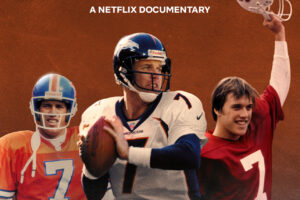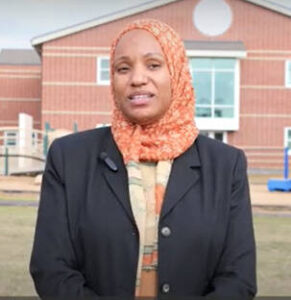
A recent conversation between scientist Wanda Diaz-Merced and Lulu Miller, host of Radiolab’s Terrestrials podcast, highlights the groundbreaking work being done in the field of gravitational wave research. Diaz-Merced, who is blind, has developed innovative methods to engage with and study these elusive ripples in spacetime, offering a unique perspective on the nature of the universe.
Wanda Diaz-Merced’s journey into the world of gravitational waves began with a profound realization about the limitations of traditional scientific methods. Despite her blindness, she has not only pursued her passion for astrophysics but has also made significant contributions to the understanding of gravitational waves. These waves, which are produced by cosmic events such as colliding black holes, have been a focal point of research since their first detection in 2015.
During the podcast, Diaz-Merced explained how her condition has shaped her approach to science. She emphasized the importance of sound in her research, utilizing auditory data to analyze the signals emitted by gravitational waves. Her ability to translate complex data into audible formats allows her to perceive patterns and anomalies that might be overlooked in visual analysis. This innovative method not only enhances her research but also challenges conventional notions of scientific inquiry.
Scott Detrow, who interviewed Miller for this feature, noted the significance of Diaz-Merced’s work in promoting inclusivity within the scientific community. Her success serves as an inspiration to many aspiring scientists, particularly those with disabilities. By sharing her experiences, Diaz-Merced aims to encourage others to pursue their passions, regardless of the obstacles they may face.
The discussion also touched on the larger implications of gravitational wave research for our understanding of the universe. Diaz-Merced highlighted that studying these waves can provide insights into the fundamental nature of gravity and the fabric of spacetime itself. As researchers continue to explore this field, they hope to uncover new information about the origins of the universe and the forces that govern it.
As gravitational wave detection technology advances, the potential for groundbreaking discoveries increases. Diaz-Merced’s work is at the forefront of this exciting field, and her contributions could pave the way for future research that deepens our comprehension of the cosmos.
Listeners interested in the intersection of science and personal stories will find Diaz-Merced’s conversation on the Terrestrials podcast both enlightening and motivating. It serves as a reminder that passion and determination can transcend barriers, leading to remarkable achievements in even the most complex fields of study.
In conclusion, Wanda Diaz-Merced continues to break new ground in her research on gravitational waves, illustrating the profound impact that diverse perspectives can have on scientific understanding. As the field evolves, her unique insights will likely inspire both current and future generations of scientists to explore the mysteries of the universe with renewed vigor.







